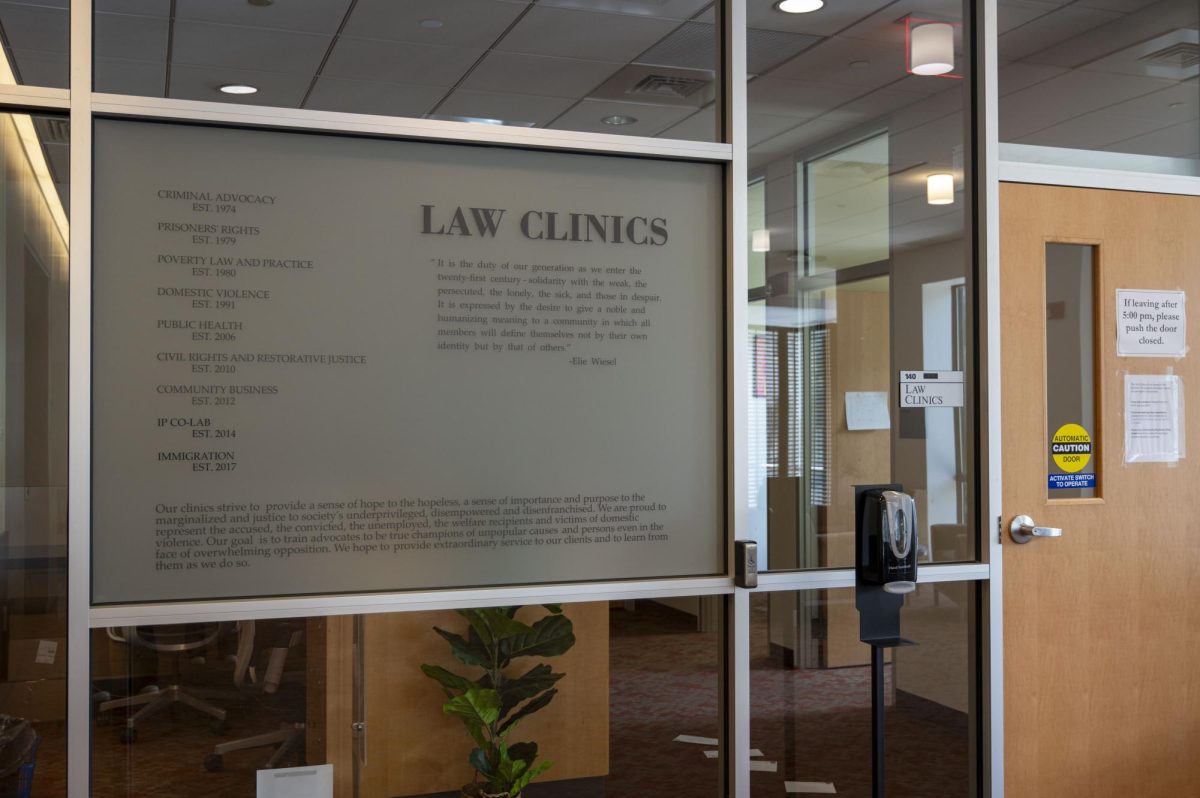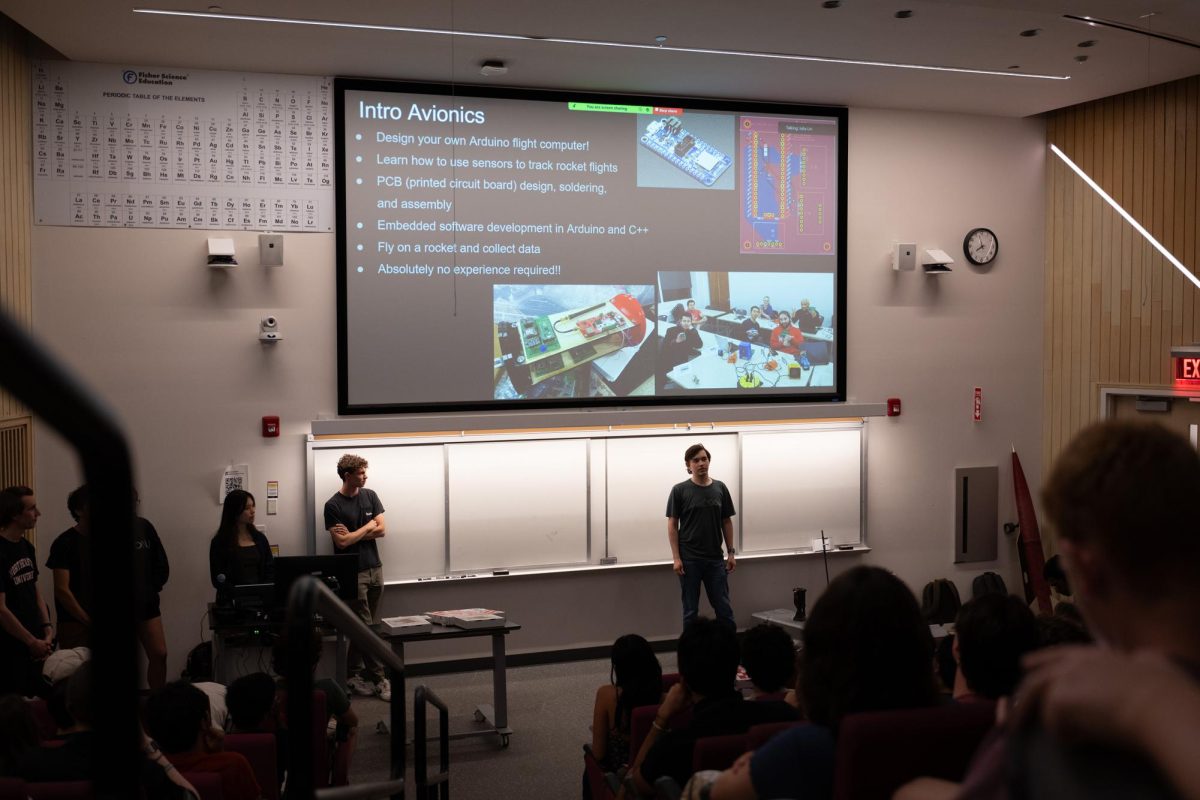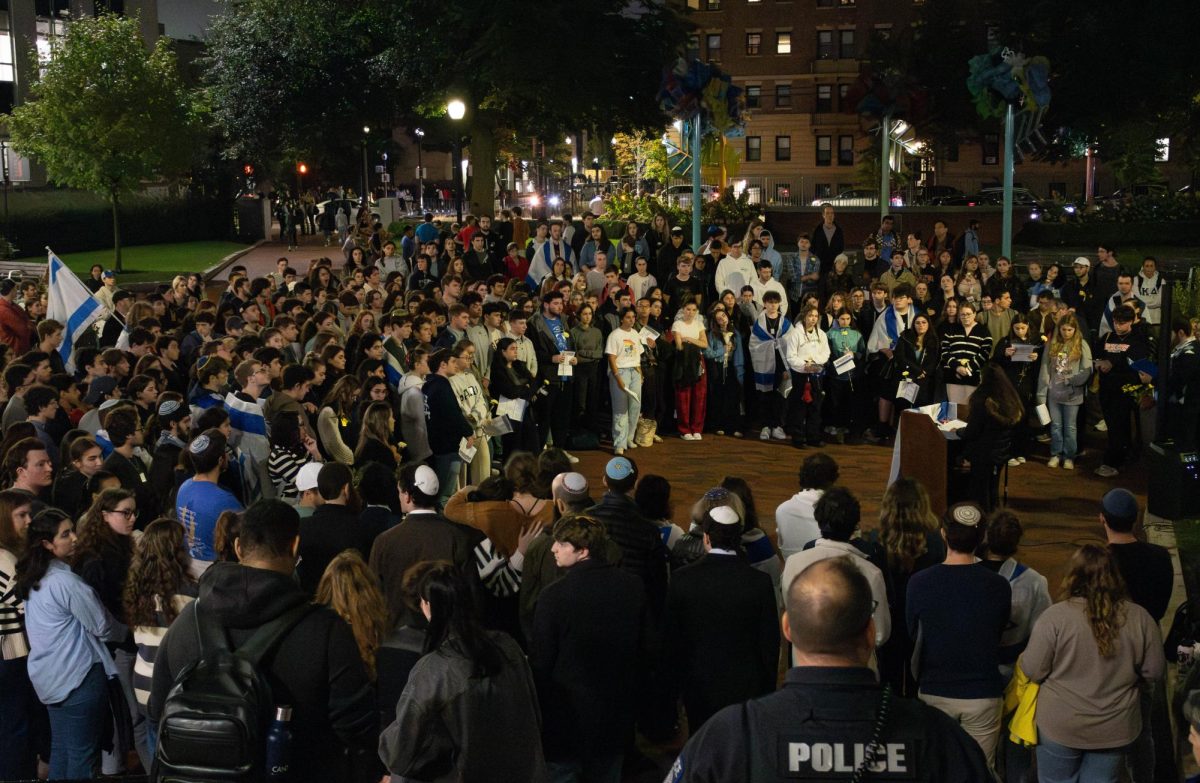My roommate opened her desk drawer. From her welcome packet, she tugged a sheet of paper and passed it to me.
“On February 28, 2007, the Recording Industry Association of America (RIAA) changed its strategy regarding copyright infringement complaints,” read the notice, a letter to students and the university community from Northeastern officials. “Since these changes may impact you, we feel it is important to share the details of these changes.”
The RIAA vowed to send 400 pre-litigation letters a month to college students nationwide guilty of illegal file-sharing. The purpose: to scare us shamelessly.
The association’s ire has flared since former Northeastern student Shawn Fanning gave people the gift of free music through Napster. The RIAA has filed lawsuits and – in the case of Cassi Hunt, an MIT undergrad – suggested a student drop out of college to pay a settlement upwards of $3,000. For sharing files.
Students just love free stuff, which may be why an RIAA spokesperson recently told The News, “The problem of illegal file-sharing is most acute on university networks.”
Hence, the association’s new campaign: the letter inside my roommate’s desk and John Doe lawsuits filed in early August by the RIAA against 10 unnamed Northeastern students.
John Does are the one step in a three-step legal process that ends with a suit duked out in court. Even without walloping legal costs, these steps are egregious.
Step One: Strong-arm tactics that would put a proud twinkle in Tony Soprano’s eyes. The RIAA sends pre-litigation letters to the university. University representatives may choose to forward the letters to the piraters in question. If the students get the letters, they may or may not settle at the dollar amount stated by the RIAA.
These letters are sending a message. “You can come in contact with our enforcement action,” the spokesperson said, boldly. “Why take the risk?”
The other message they’re sending? The RIAA will do whatever it likes, no matter how over-the-top, unreasonable or damaging, and they’ll do it under the guise of protecting artists, although no compelling evidence exists that the artists themselves have lost out because of illegal downloading.
Step Two: A John Doe lawsuit; another opportunity for students to pay through the nose out of court.
“At a significantly discounted rate,” assured the spokesperson, who insisted her name be kept far away from this column.
In Cassi Hunt’s experiences with the RIAA, which she documented in a series of editorials in the MIT student newspaper, she said she was told by an association representative she could settle for a non-negotiable $3,750. In late 2005, Hunt was singled out by the RIAA for illegally sharing 272 songs. As a result, she started a website – “Love Music, Screw Pirates” – to raise money to quiet the Extorters Extraordinaires.
“[T]hey weren’t offering a settlement, they were issuing an ultimatum!” Hunt wrote in the online edition of MIT’s student newspaper. “Let us screw you over gently now, or with chains and whips in court.”
Moreover, the settlement letters are shameless methods of brute intimidation on the part of the powerful RIAA.
“These letters, as currently defined, are neither legal documents nor formal complaints to the university and do not compel the university to take any specific action,” according to Northeastern’s notice. The RIAA is skirting around courts of law, hoping to bully students with small budgets into paying their way out of a potentially pricier situation.
And the association has made it easier than ever.
“The letter also features a web link where the user may pay to ‘settle’ the matter using a credit card,” according to Northeastern’s notice.
They make it seem like it’s an online shopping spree on eBay.
Though for the 10 Northeastern students, it may feel more like chains and whips.
-Danielle Capalbo can be reached at









